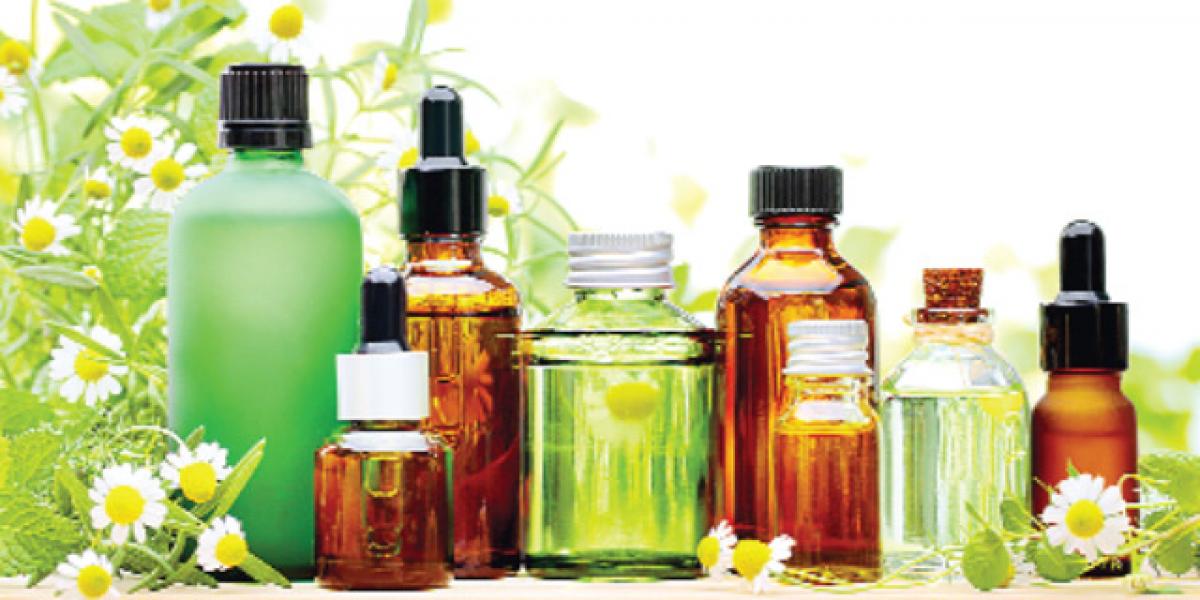How to use essential oils?

It is necessary to conduct a patch test before purchasing essential oils and making sure it suits your skin type. Some of these oils cause severe skin sensitising and sun sensitivity. So, if you have a sensitive skin, it\'s always advisable to check with a qualified practitioner first.
Essential oils are known to solve numerous beauty related problems.. Sonia Mathur, beauty expert and training head at Organic Harvest, and Amit Sarda, Managing Director at Soulflower, have listed points before you make essential oils a part of your daily beauty regime:
Do's
- It is necessary to conduct a patch test before purchasing essential oils and making sure it suits your skin type. Some of these oils cause severe skin sensitising and sun sensitivity. So, if you have a sensitive skin, it's always advisable to check with a qualified practitioner first.
- Essential oils can be blended with base oils or carrier oils before applying to your skin. They are highly concentrated and should never be used undiluted on the skin. It needs to be mixed with carrier or base oil. The ratio should be three to four drops of essential oil in 10 ml of base oil. Some oils like olive, almond, jojoba, grape seed and coconut oil can be used as carrier oil.
- Essential oils should be stored in a cool dark place and out of direct sunlight. It is simply to help preserve their potency. Essential oils have a very long shelf life, some even last for years without losing their potency, if stored correctly.
- Essential oils are supplied by various brands. It is not enough to merely pick up a popular brand. Instead making sure that the product is 100 percent pure and natural because is more important. Non-organic brands may add fillers which often include harmful chemicals and this may harm you in the long run.
Don'ts:
- Essential oils should only be used externally. Though there are many people who use essential oils by ingesting them, this should only be done by consulting a doctor or a medical practitioner before consuming.
- Every essential oil serves a particular purpose, so it is advisable to consult your dermatologist before buying, especially for the pregnant women. Cinnamon, clove, ginger, jasmine, sage, chamomiles are some of the more common essential oils that should not be used by them.
- Never use essential oils near the eyes or put directly into ears. Some oils may damage your contact lenses, so never touch lenses immediately after using essential oils. These oils are potent and can cause serious irritation to your eyes.
- In case you have a sensitive skin, and have a history with irritability or rashes then start by applying these oils discreetly. Make a small patch of skin about an inch square, and massage the oil into it. Wait 24 hours to see if the area has any itchiness or irritation. This will help you safeguard your skin just in case the oil does not suit your skin type.
Next Story









